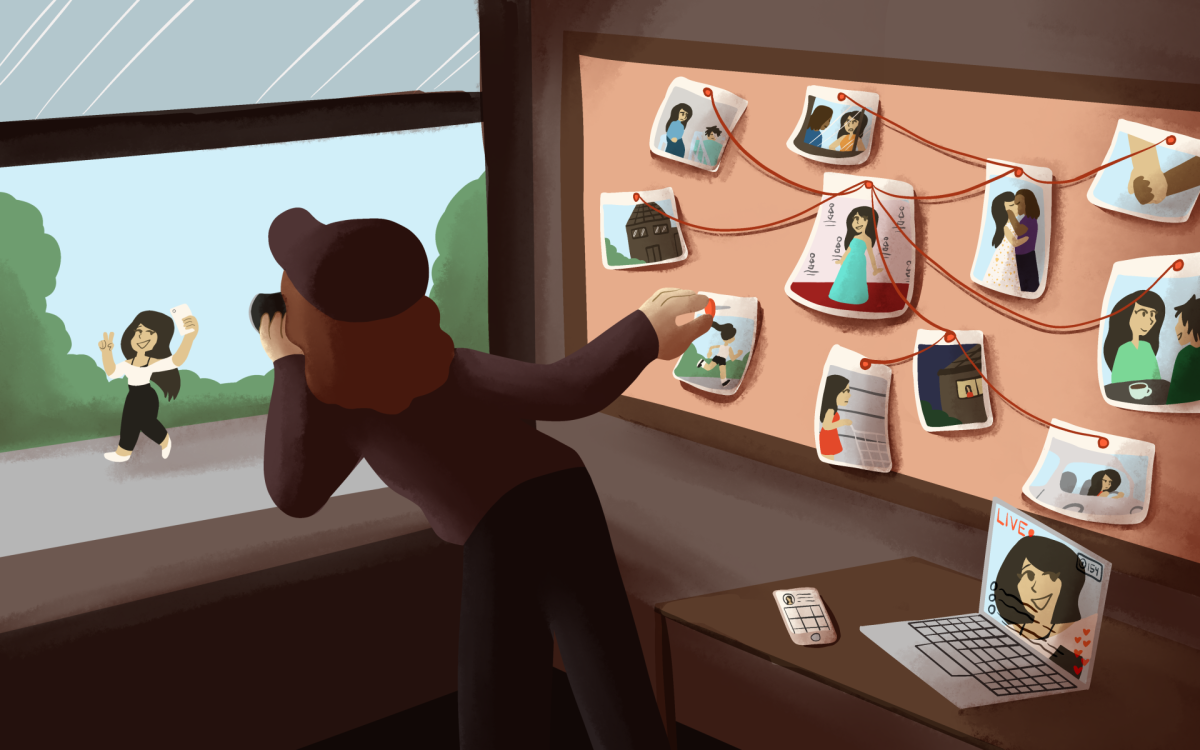Video games aren’t some kid’s hobby—according to the Entertainment Software Association, 72 percent of households play electronic games. While VGChartz, a game sales data aggregator, reports that plug-and-play consoles like the Xbox 360 or Wii have sold over 180 million copies, some gamers prefer to go a different route and play their video games on a PC.
Unlike consoles, PCs allow the user to replace outdated internal components with new technology that allows the computer to render graphics impossible for a console to match. The customizability makes PC gamers personally attached to their machines, and as such the community is very vocal about their opinions.
Recent years have seen physical copies of PC games disappearing in favor of online marketplaces where gamers can download games directly, usually for a cheaper price than a console title. But there’s an ugly side. Piracy is easy and rampant on PCs, and developers have taken to utilizing digital rights management (DRM), non-removable anti-piracy software that limits the use of content.
Here’s the thing: piracy is wrong. Creators of content deserve to be rewarded for its success. But DRM is a bad idea that should be eradicated from PC gaming entirely before it shoves the niche market into irrelevance.
PC gamers hate DRM, as they should. Imagine paying full price for a new video game: You think that you should have full control over the content you purchased, and be able to play it whenever you want. DRM by its very definition curtails this freedom. Imagine you get a new computer, but DRM prevents copying your game to it. You’d have to buy it all over again, a frustrating and pointless purchase.
Ukrainian game company, GSC Game World, known for their acclaimed “S.T.A.L.K.E.R.” series, announced in a Ukrainian newspaper on on Oct. 8 that they were considering adding DRM for their newest installment of the bleak first-person shooter set in a fictionalized Chernobyl. Fan outcry on the game’s official Facebook page was swift and loud, leading the company to amend the statement a day later on Twitter, saying DRM was “a possibility, not a choice.”
GSC Game World’s proposed DRM requires an Internet connection to play the game. It’s one thing for a multiplayer game to require Internet access so you can play with others, but a single player game has no need to be online. This might not seem like a big issue if you have a stable Internet connection, but even the best services cut out once in a while, and when they do, your ability to enjoy your own property goes out the window. People with bad connections may not be able to consistently play the game at all.
These tactics won’t scare away pirates—it’ll scare away customers. Who wants to waste their hard earned money on content that is one bad connection away from locking itself up? Anyone who wants to unwind with a video game after a stressful day doesn’t want to be told they’re not allowed to do so because an Internet connection.
Why not wait for a pirate to bypass the DRM and offer the game for free without any restrictions? The people who steal the game end up with an objectively better product than the people who paid full price. Why punish customers for following the rules? If you want to beat pirates, the official product needs to be better than the illegal version, not worse.
Valve Software, a PC gaming giant Forbes reports is more profitable per capita than Google, has a radical solution. Their popular multiplayer shooter “Team Fortress 2” has been periodically updated for free since its release in 2007, and the game was made absolutely free in June of this year. The company makes a profit via an in-game store. Previously, the free updates unavailable to pirates made the legitimate version objectively better as it had more content. But now, there’s no reason to pirate a game that’s already free.
Maybe smaller companies don’t have the capital to take such a risk, but Valve has shown beating piracy doesn’t take DRM.







